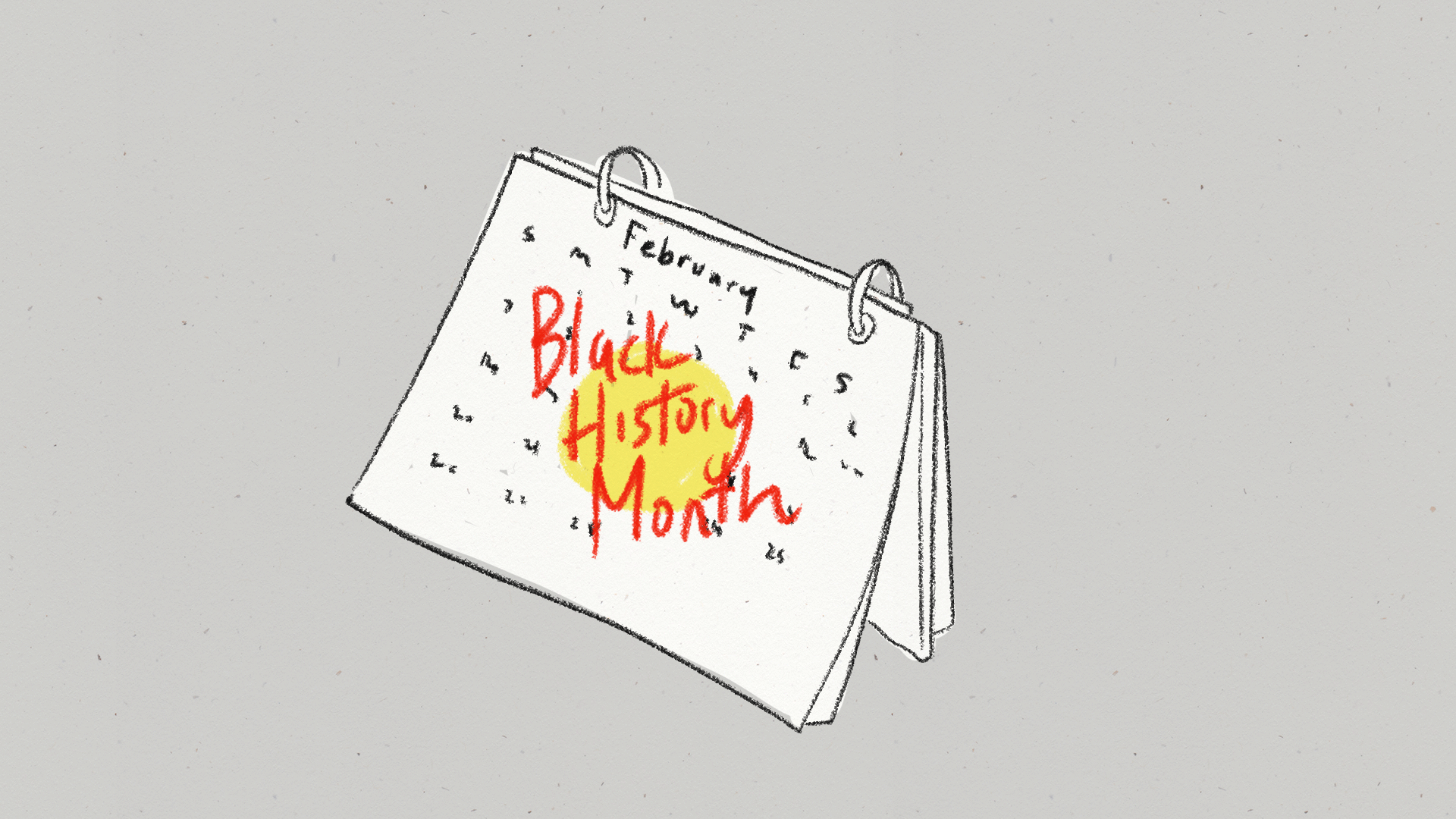It’s not just about slavery and hardships
n February 1926, a week commemorating “Negro History” was launched by American historian Carter G. Woodson, who in his mission to incorporate Black history in school curricula, was also looking to honour the legacies of president Abraham Lincoln and human rights leader Frederick Douglass, both of whom were born in February. Its successor, Black History Month, would be institutionalized across the United States half a century later.
First celebrated in Canada in 1988, Black History Month was then officially recognized nationwide in 1995. In 2007, the Quebec government also adopted this event in the province.
Black History Month isn’t just an important event; it’s a necessary commemoration.
Every year, I log onto Twitter — where else? — and find, within a sea of tweets highlighting the work of Black pioneers, some users’ hot takes about why it’s an unnecessary event. Their argument goes that singling out the Black community in recalling and calling attention to their history contributes to keeping them in the past and holding their identities tied to a past of enslavement.
Many also have had qualms with Black History Month because it’s a celebration of a certain group of people. You’ve probably heard someone at some point say, “But what about white history month? Or Asian history month?”
Yes, what about them?
Celebrating a specific group of people, and especially providing them with tools to overcome and make up for the institutional problems that have caused many to fall behind compared to their white counterparts, is one of the main purposes of Black History Month.
These arguments have some merit, and I’m saying this so as not to completely discredit the opinion of those who see things such as affirmative action and “preferential treatment” as another dividing factor between the multiple ethnicities in our societies.
But shining a spotlight on an issue doesn’t mean we’re putting all other ones in the dark.
It’s true that in an idyllic world, diversity hires and ethnicity quotas in schools and workplaces wouldn’t be necessary, and that making use of these methods of race-based professional considerations would contravene the meritocratic process.
Still, racism is a very real social issue in our societies, and it’s no secret that Black and Indigenous people are bearing the brunt of it.
Of course the goal of Black History Month isn’t to further the association of Black people with slavery. But by associating Black History Month as being solely about slavery and a past paved with subjugation is also reducing the richness of Black culture to their role in Western history.
For the record, Africa was a continent long before the slave trade began, and we’re getting closer to the two century mark since its abolition. Ignoring the achievements made by Black people and the Black community in North America throughout the 20th and 21st centuries is more distracting to the movement for racial equality than preaching silence.
Highlighting certain parts of history and pointing out their flaws also doesn’t mean we’re trying to remain in that place, on the contrary. How are we supposed to learn from our mistakes if we keep trying to distance ourselves from them?
And as we’ve seen throughout Canadian history and into the past year as the Black Lives Matter movement was reignited, our country is far from the point where we can say affirmative action is causing an unfair advantage for people of colour.
If you don’t want to learn about Black history or about anti-Black racism, consider examining why. But know what mindset you’re feeding into and how it’s helping the causes you support — and beyond everything, if you don’t have anything nice to say … don’t say anything.
Graphic by Taylor Reddam




